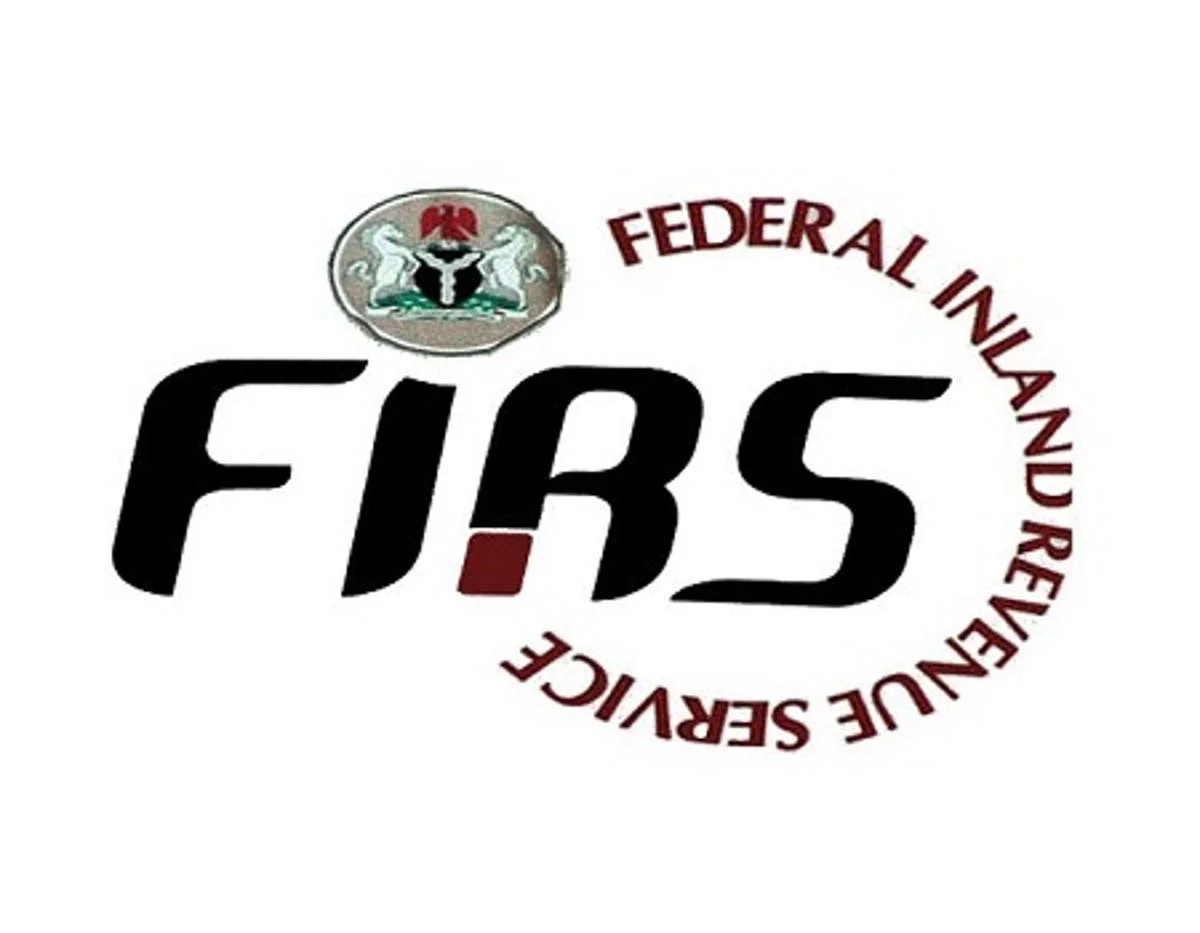
To improve Nigeria’s tax revenues, the Federal Inland Revenue Service, FIRS, says voluntary compliance is the sustainable way.
Tayo Koleosho, Chief of Staff to the Executive Chairman of FIRS, made the observation during a two-day E-Invoice Post Go-Live workshop, where he explained the limitations of audit to drive tax compliance in the country.
He also identified E-invoicing as an innovative method to reduce the number of audits carried out by taxpayers in Nigeria.
The FIRS boss said the agency is determined to increase the use of voluntary compliance data to drive compliance and reduce focus on audits and the destructive nature that it can bring to businesses.
Koleosho noted that the country adopted e-invoicing to meet global practice in the tax ecosystem and lamented the importance of digitisation in driving tax compliance.
He said the economy as the economy is growing, it will help the country increase it’s voluntary compliance and drive revenue collection.
He said that there is a direct correlation between more voluntary compliance, which always increases the collection ability of the service and then provides more revenue for development.
To prevent cybercrime with the support of the National Information Technology Development Agency, NITDA, he explained that the agency has tightened the transaction process on the e-invoicing platform.
He said, the agency makes sure that the vetting process includes integration, background check and assessment by NITDA, to ensure that everybody has their data protection, regulation and framework all in place.
”The role of the 16 access point providers is to help to transmit the data of taxpayers to their systems,” he noted.
Voluntary compliance needed to improve tax revenues – FIRS

